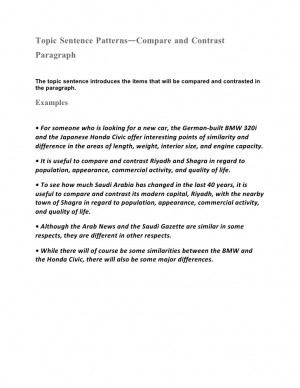Good and bad arguments - Logical and Critical Thinking.
Nevertheless, in these examples, the conclusion is true. Validity is a guarantee of a true conclusion when the premises are true but offers no guarantee when the premises are false. False premises can lead to either a true or a false conclusion even in a valid argument. In these examples, luck rather than logic led to the true conclusion.A valid argument is an argument whose conclusion follows logically from the truth of the premises. It is impossible for the premises to be true and the conclusion false. An example of a valid argument is: 1. If Thales was right, then everything is made of water. 2. It's not the case that everything was made of water.When an argument has true premises and a false conclusion, it must be invalid. In fact, this is how we define invalidity. In fact, this is how we define invalidity. On the other hand, this partial reliance of validity on truth-value only exists for what logicians call the semantic concept of validity.
Here is an argument with two false premises and a true conclusion: All buildings are animals. All dogs are buildings. Therefore all dogs are animals.If the argument is valid, there are two cases: Firstly, the argument has false premises, in which case it is not sound. Game over, the argument is bad.

So if a valid argument does have a false conclusion, it cannot have all true premises. Thus at least one premise must be false. If an invalid argument has all true premises, then the conclusion must be false. FALSE: It is possible for an invalid argument to have all true premises and a true conclusion.












